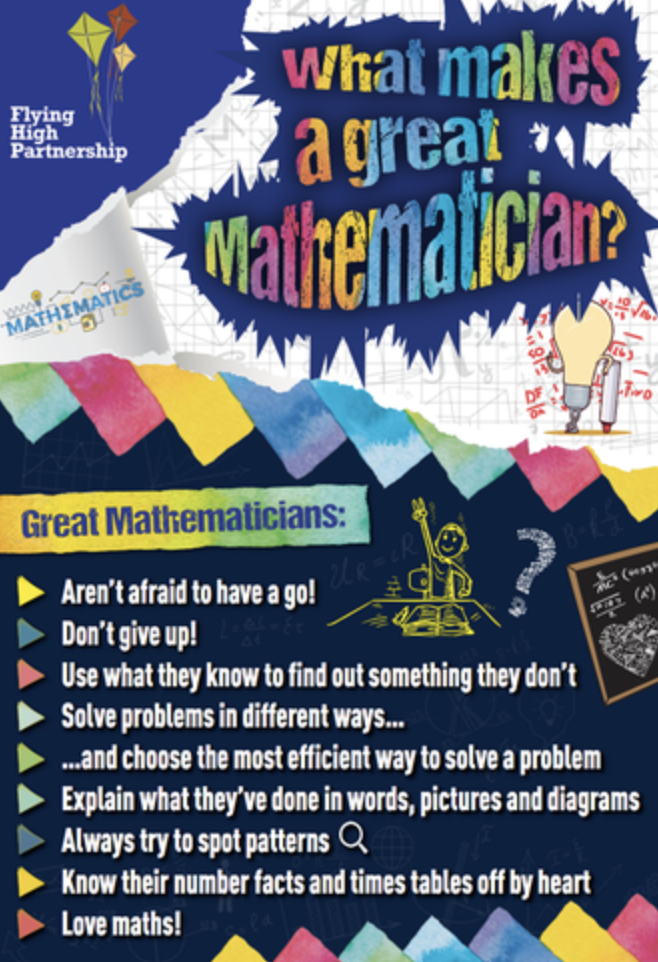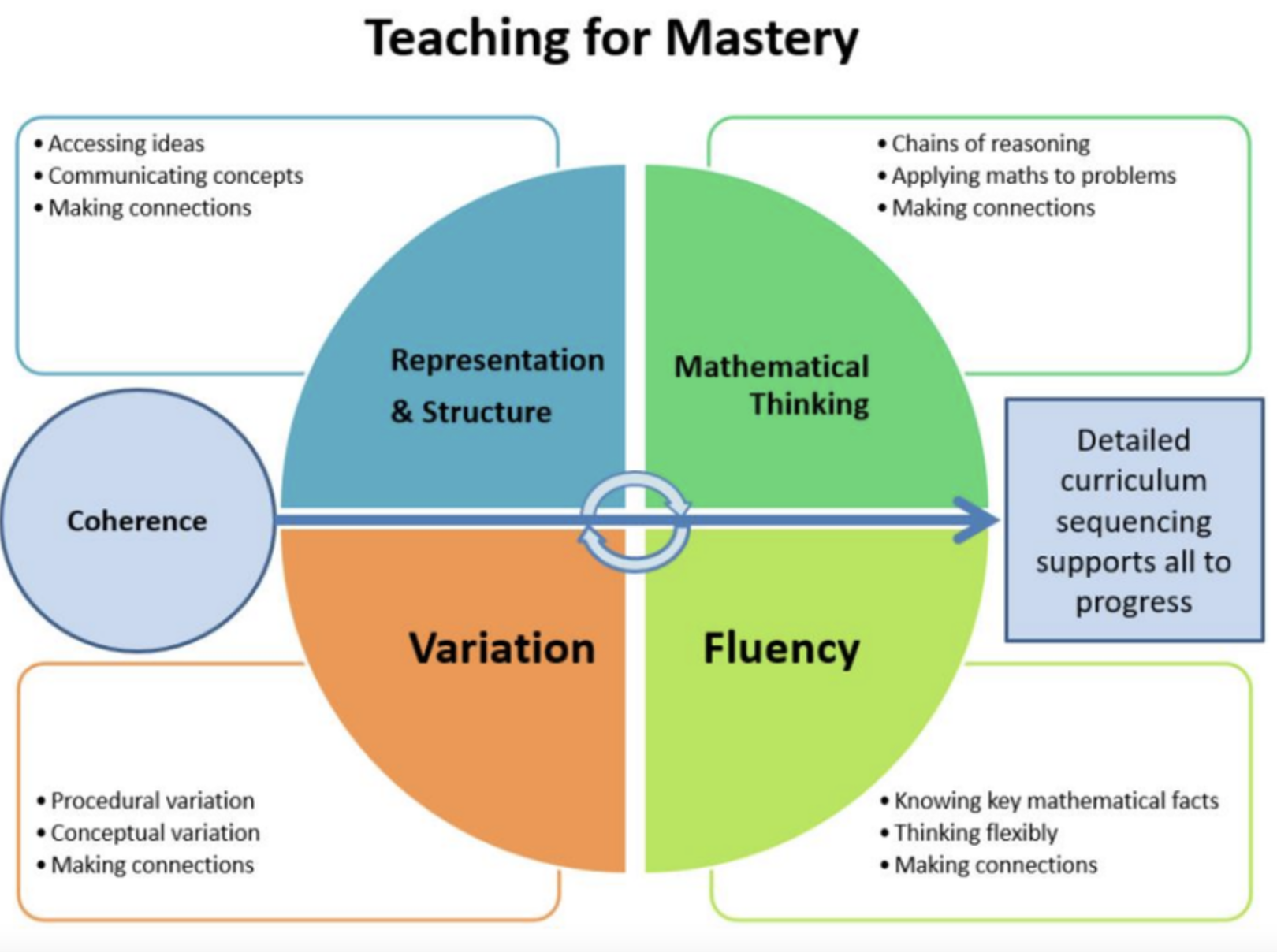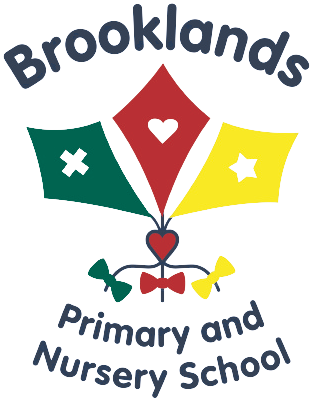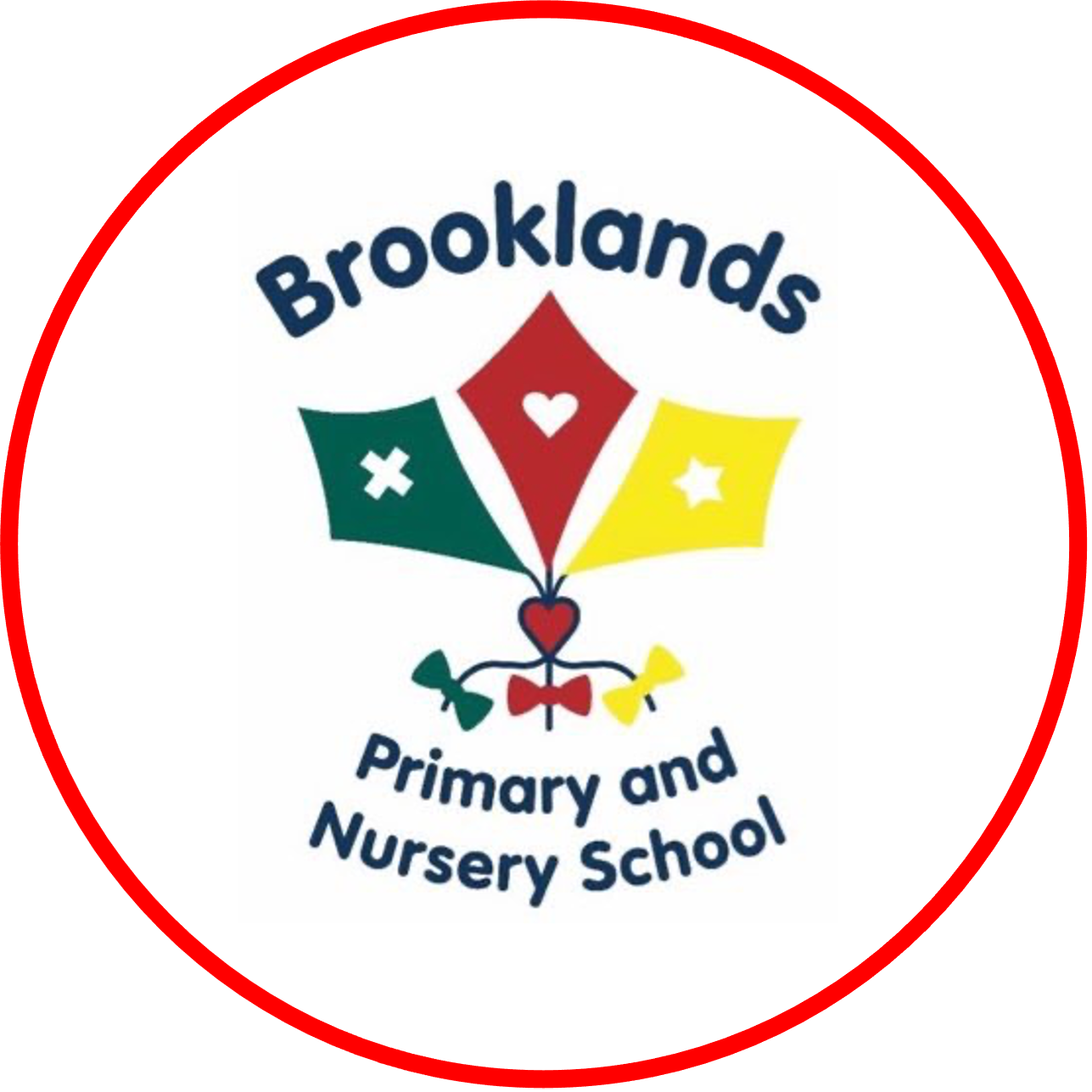Mathematics
 At Brooklands, we are committed to developing strong, confident mathematicians who understand and enjoy maths. We believe that every child is a mathematician, with problem solving skills that can be nurtured and enhanced. We have an ambitious maths curriculum that provides children with the opportunity to explore maths and the concepts that underpins the learning. Our curriculum strives to develop our children's love for maths, their confidence in solving problems and their resilience in applying the skills learnt to different everyday situations.
At Brooklands, we are committed to developing strong, confident mathematicians who understand and enjoy maths. We believe that every child is a mathematician, with problem solving skills that can be nurtured and enhanced. We have an ambitious maths curriculum that provides children with the opportunity to explore maths and the concepts that underpins the learning. Our curriculum strives to develop our children's love for maths, their confidence in solving problems and their resilience in applying the skills learnt to different everyday situations.
We encourage the use of concrete resources during lessons, so that children can be actively involved in their maths learning, which may include taking the maths lesson outside of the class. Children are given the opportunity to apply their learning to real life scenarios that they may encounter both inside and outside of school (for example weighing ingredients when baking) and are regularly assessed to ensure that they are making progress and can be supported in identified areas of development.
Maths is taught daily across school, ensuring that key topics are covered and then revisited. Alongside this, daily retrieval practices allow children to revisit and practice the skills that they have previously been taught. Daily lessons have been planned using the Flying High Trust Knowledge Progression Documentation, which has been developed from the White Rose scheme of learning. Take a look at our yearly overview by accessing the White Rose website at https://whiteroseeducation.com
Maths Mastery
Alongside our scheme of learning, we teach a mastery approach to mathematics at Brooklands. This means that:
- We assume that everyone can learn and enjoy mathematics.
- Learning behaviours are developed in a way that pupils focus and engage fully as learners who reason and seek to make connections.
- Teachers continually develop their specialist knowledge for teaching mathematics, working collaboratively to refine and improve their teaching.
- Curriculum design ensures a coherent and detailed sequence of essential content to support sustained progression over time.
Alongside this, when we are designing lessons:
- Link learning to previous learning, as this ensures that all children can access the new learning.
- We identify carefully sequenced steps in progression to build secure understanding.
- Ensure that examples, representatives and models are carefully selected to expose the structure of mathematical concepts and emphasise connections.
- We consider how procedural fluency and conceptual understanding are developed side by side.
- It is recognised that practice is a vital part of learning.
In the classroom:
- Pupils are taught through whole class interactive teaching.
- Teachers lead back and forth interaction, including questioning, short tasks, explanation, demonstration and discussion, allowing children to think, reason and apply their knowledge to solve problems.
- Teachers use and model precise mathematical language.
- Teachers use assessment to identify gaps in learning and address these systematically.
- Key number facts are learnt to automaticity.
Five Big Ideas for Teaching Maths



